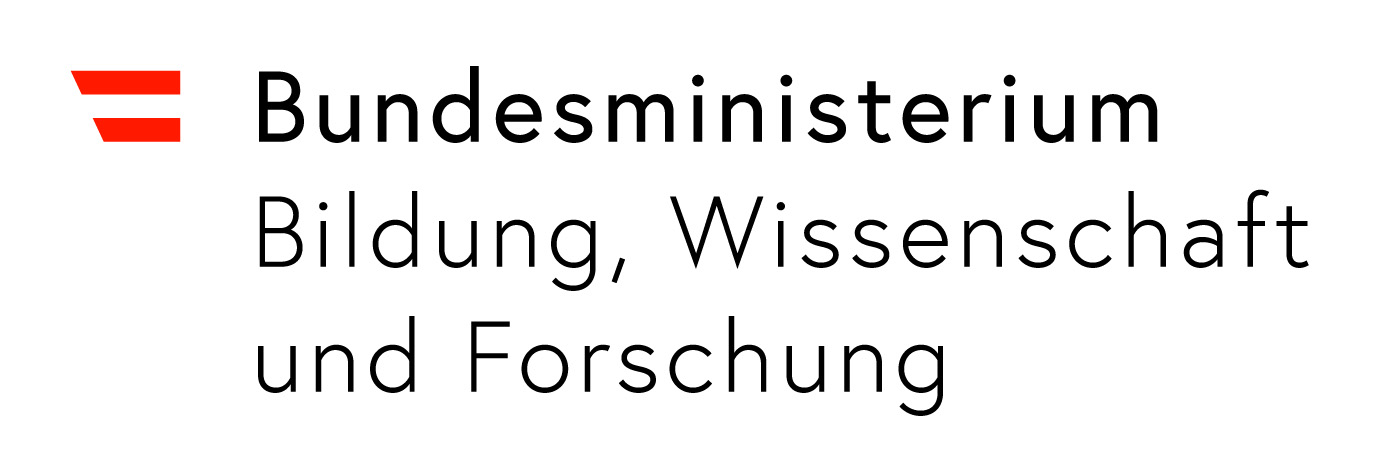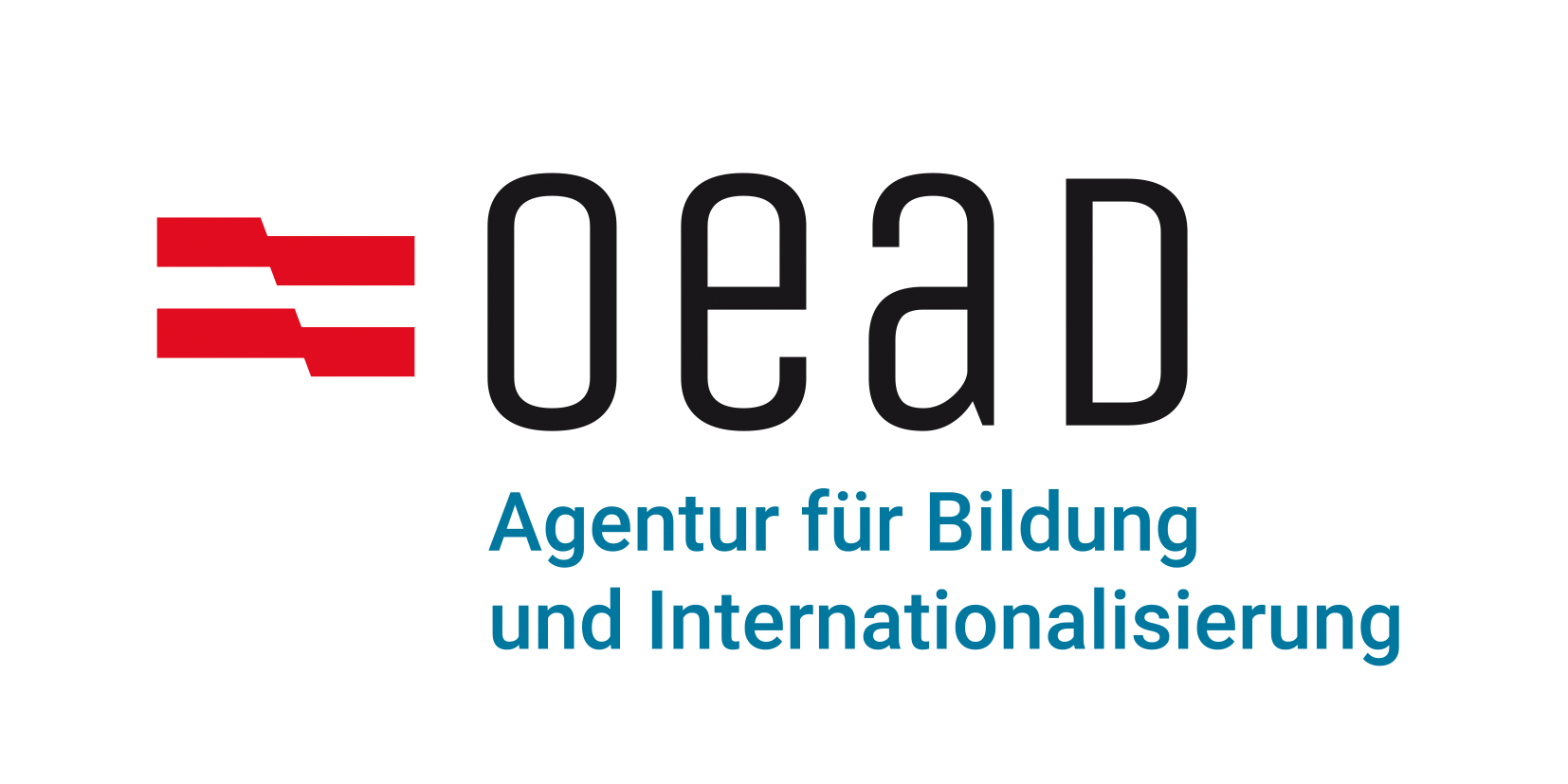Why Math?
Relevance of mathematics lessons from the students' perspective
The relevance that students attribute to mathematics education is a crucial variable for its success. Against this background, it is surprising that there is little international scientific evidence on these ideas. Instead, it is evident in various countries, including Austria, that students in secondary school have at best fragile ideas about the relevance of mathematics instruction: For example, it is usually emphasized that mathematics instruction serves to cope with everyday situations, but then it is also quickly recognized that this explanation does not apply to the content currently covered in class. Against this background, it is questionable how these ideas can be captured and further developed in order to enable more students to learn mathematics in a meaningful way. In this sense, this project sees itself as a contribution to the further development of mathematics education in Austria and beyond.
This project relies on the expertise of students as Citizen Scientists in the collection and analysis of data. The project aims to identify phenomena and generate explanations. The guiding research questions are which ideas about the relevance of mathematics education exist, how these can be meaningfully collected, and how they can be developed and evolve.
Students from four eighth- or ninth-grade classes at two middle schools and two high schools participate*. They will be interviewed first, but are already active as Citizen Scientists in the analysis of the data by adding their perspectives to those of the research team. At a research day at the university, further ideas on relevance to mathematics are presented and discussed with them. Some students stay on longer in the project if they wish, refining the survey instrument, collecting data themselves in parallel classes, and evaluating it on a second research day. The added value for the students involved is, on the one hand, that they gain insights into how the research results come about and, on the other hand, that they themselves can open up new dimensions of the relevance of mathematics for themselves. Teachers learn new methods to address the relevance of mathematics in the classroom and to motivate their students for mathematics lessons.
*Participation is restricted to these students and therefore closed to outsiders.
This is a project funded by the Federal Ministry of Education, Science and Research.


This project fulfils version 1.1 of the quality criteria for citizen science projects on Österreich forscht.
- living together


